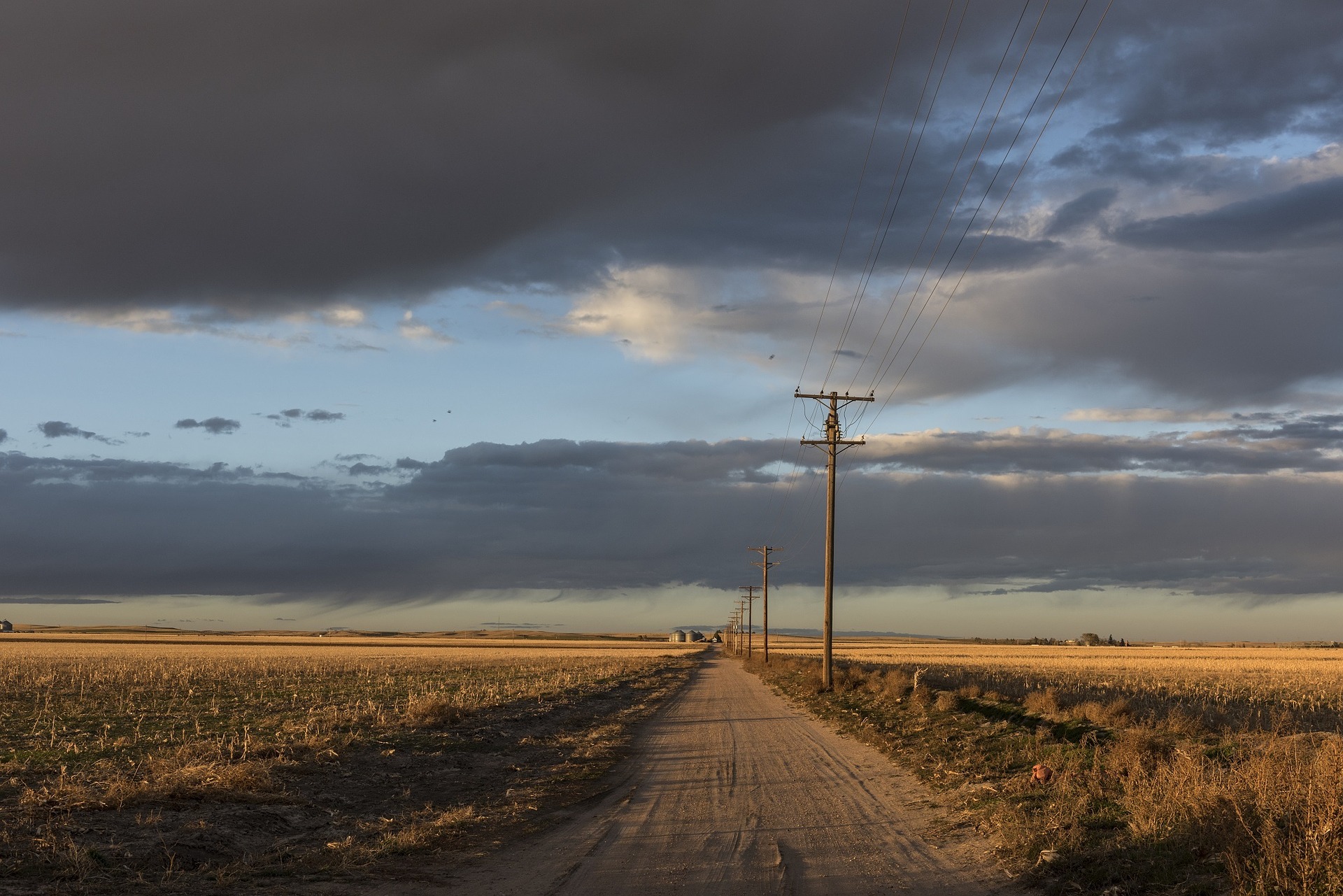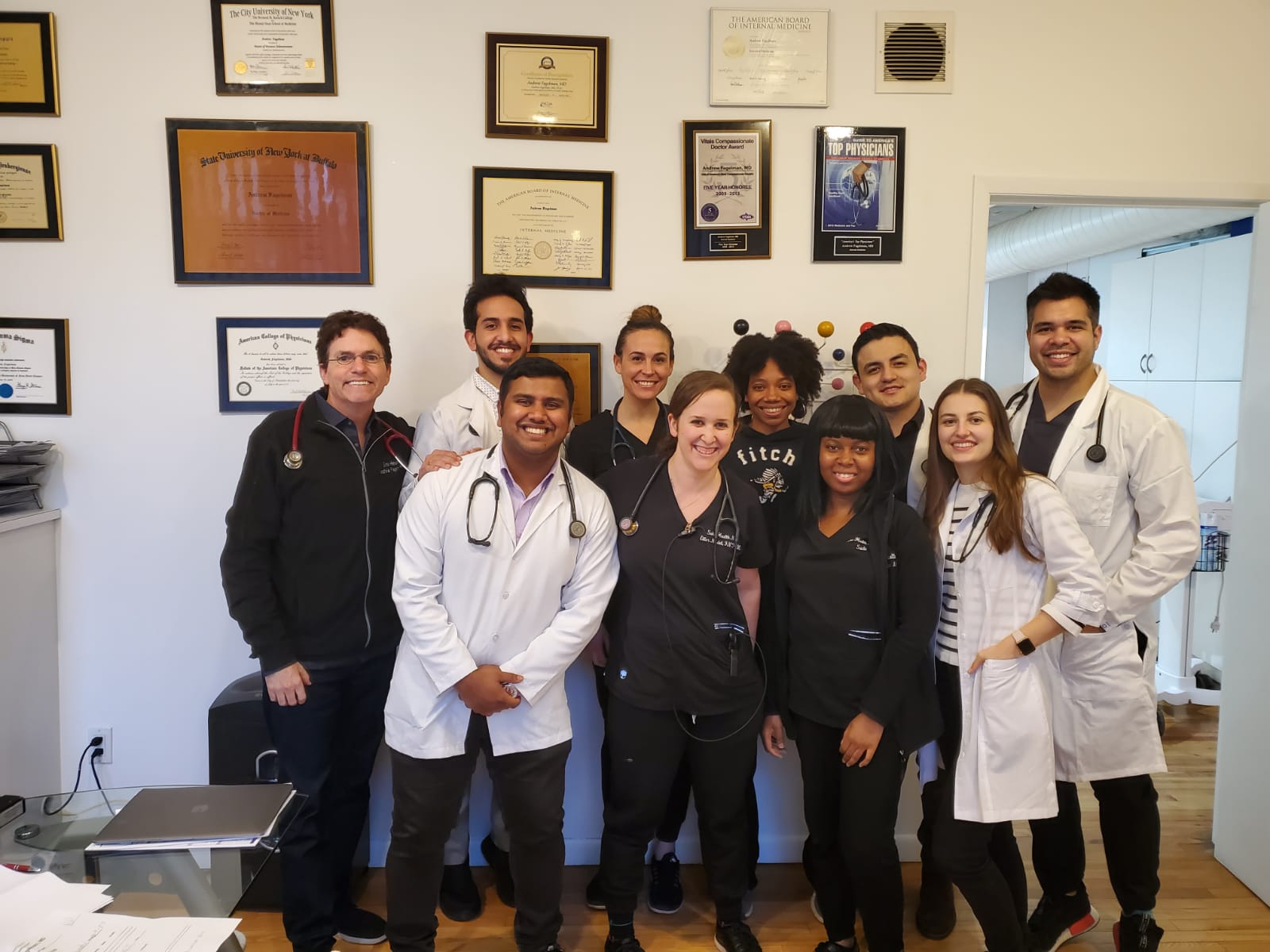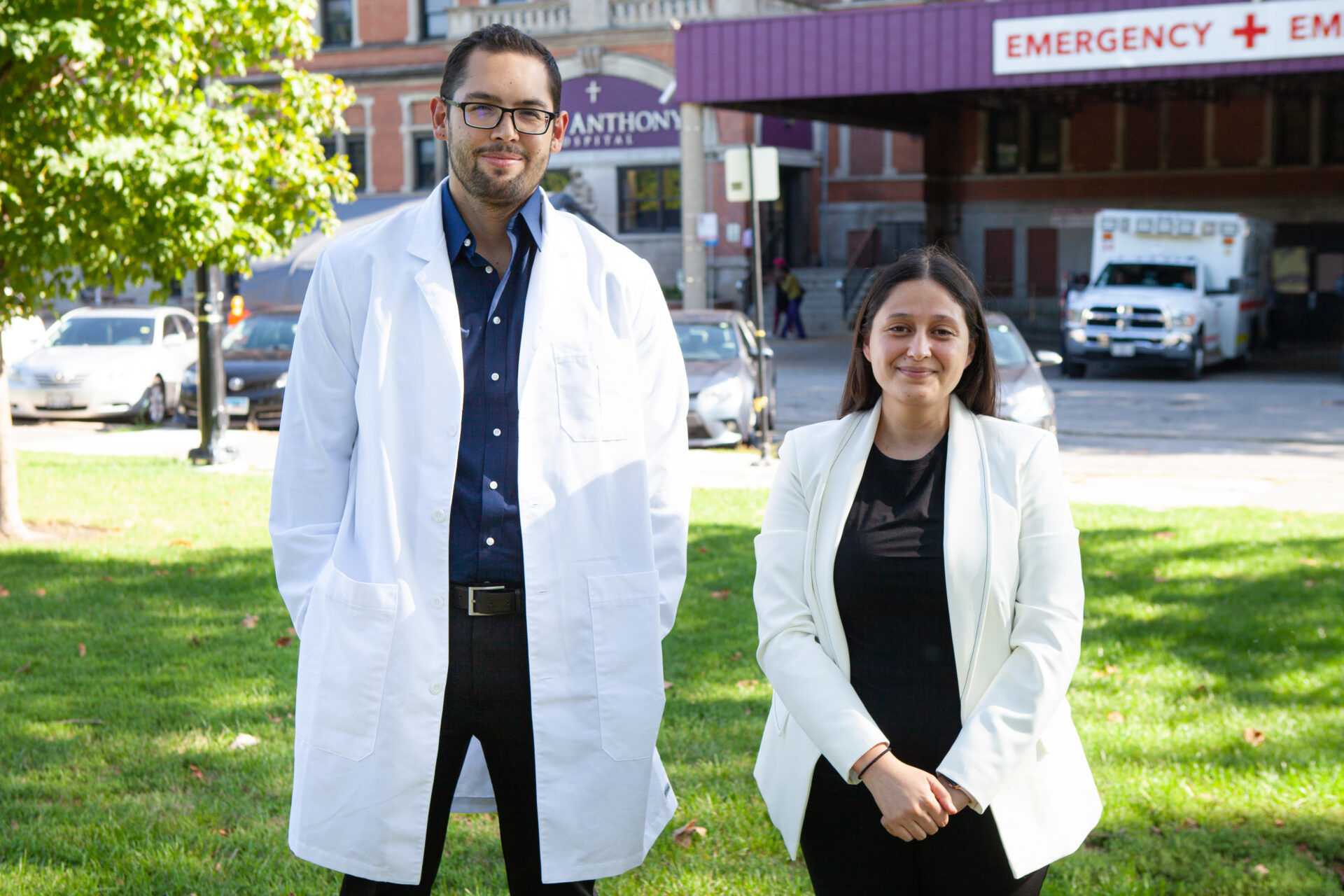The Doctor is Out
According to a recent survey, nearly a quarter of individuals living in rural areas have been unable to receive medical care when they have needed it. Of this population, almost half noted that the far distance of clinics and limited appointment availability were factors. Unsurprisingly, the drop in rural health care provided coincides with the drop in healthcare practitioners in these areas.
With doctors of the baby boomer era nearing retirement, gaps in rural health care continue to grow. The appeal of practicing medicine in rural areas is little if not nonexistent. Young physicians with college loans to pay off are looking to practice in populated metropolitan areas that promise a greater income.
Attraction Through Incentives
To help level out the difference in salaries, many rural institutions offer signing bonuses to entice new physicians. Often these offers are declined. The reason for this is a matter of tradeoffs. Practicing in a rural town means living in a rural town with less infrastructure and establishments and less privacy. Health care practitioners become public fixtures, easily accessible to the community. This lack of privacy forces practitioners to maintain their professional identity. In the long term, this can lead to burning out.
Rural hospitals and practices also entice physicians by catering to their interests outside of the operating room. For physicians interested in sports, communities introduce physicians to recreational baseball teams as a team physician. The appeal of this is that they will be able do volunteer work in their communities while still enjoying their free time.
Cultivating Local and Foreign Talent
While efforts to attract physicians are being made, some community members believe encouraging members of the rural community to pursue degrees in medicine would yield a greater return. After attending medical school and being away for a considerable length of time, practitioners with roots in rural towns might seek out familiarity and return to their perspective hometowns or even another town with comparable population size and setting.
In addition to cultivating local talent, another idea to create greater healthcare in rural areas is to appeal to international medical graduates seeking to gain a position in the U.S. after completing a residency position. With little competition for rural positions, IMGs interested in establishing a career within the U.S. would be able to do so with relative ease.
To learn more about how a lack of healthcare in rural areas is affecting portions of the U.S. head to NPR’s website.
Are you an IMG? Do you want to gain experience with the U.S. health care system and exposure to rural areas?
If you answered yes to both the above questions a clinical experience with AMO could be a great opportunity for you!
Create an account to explore and apply to over 200+ clinical experiences.







Leave A Comment